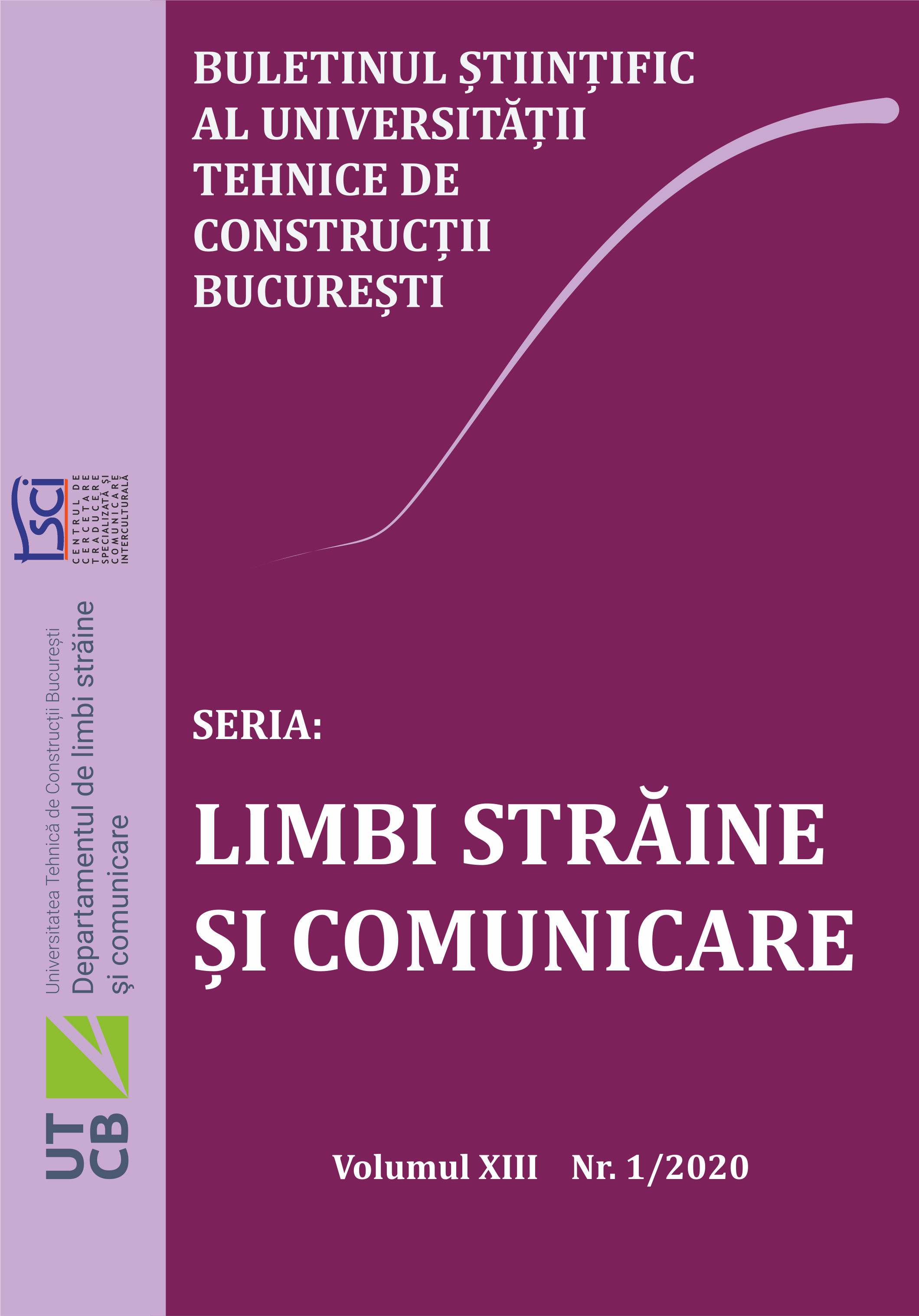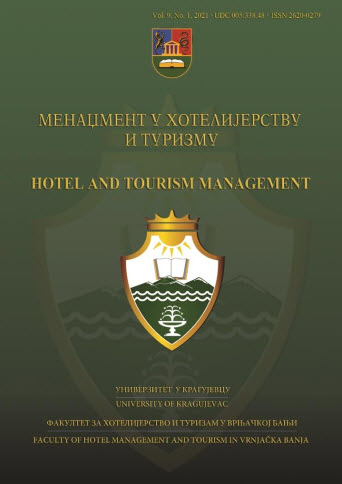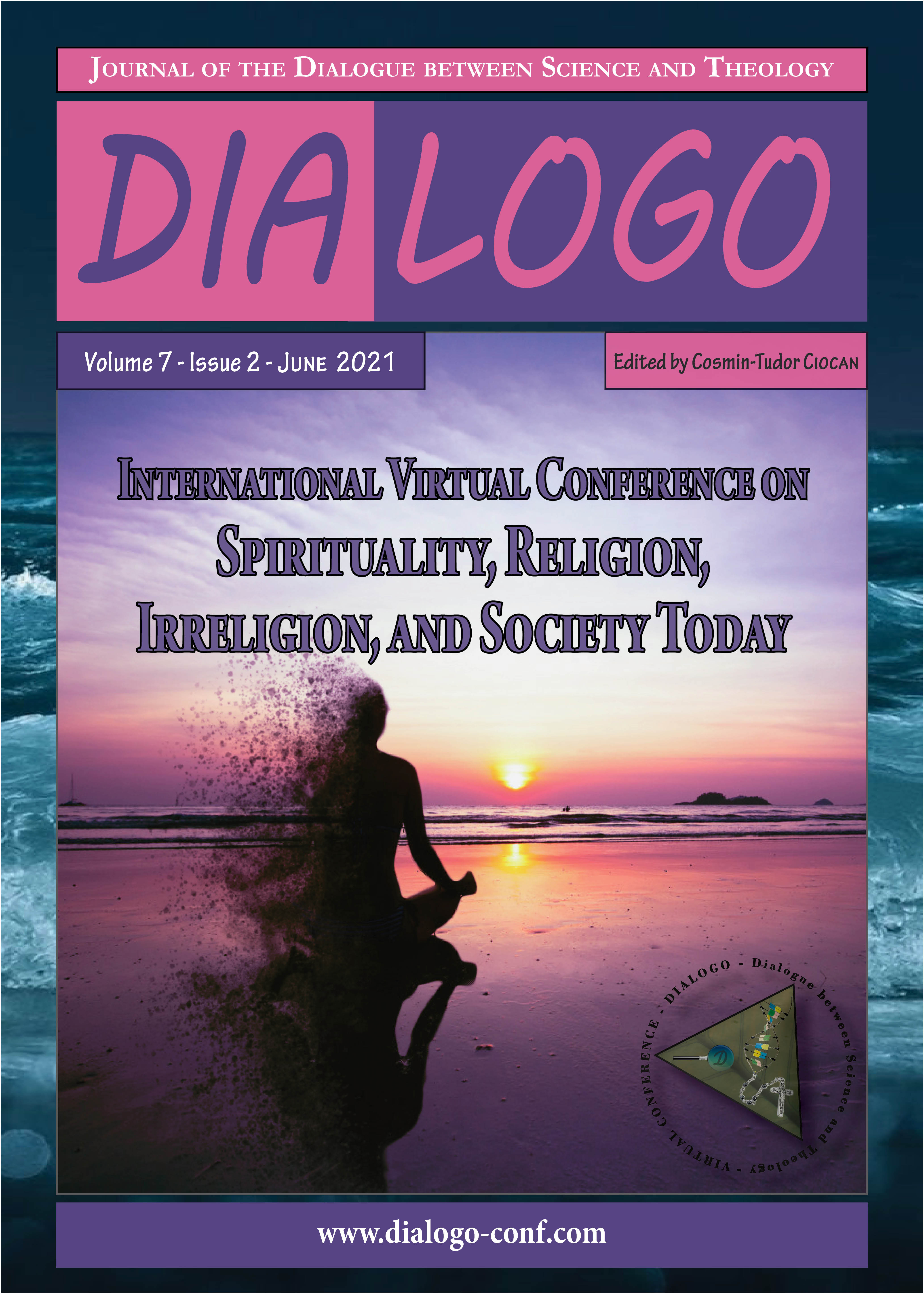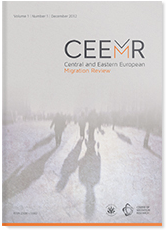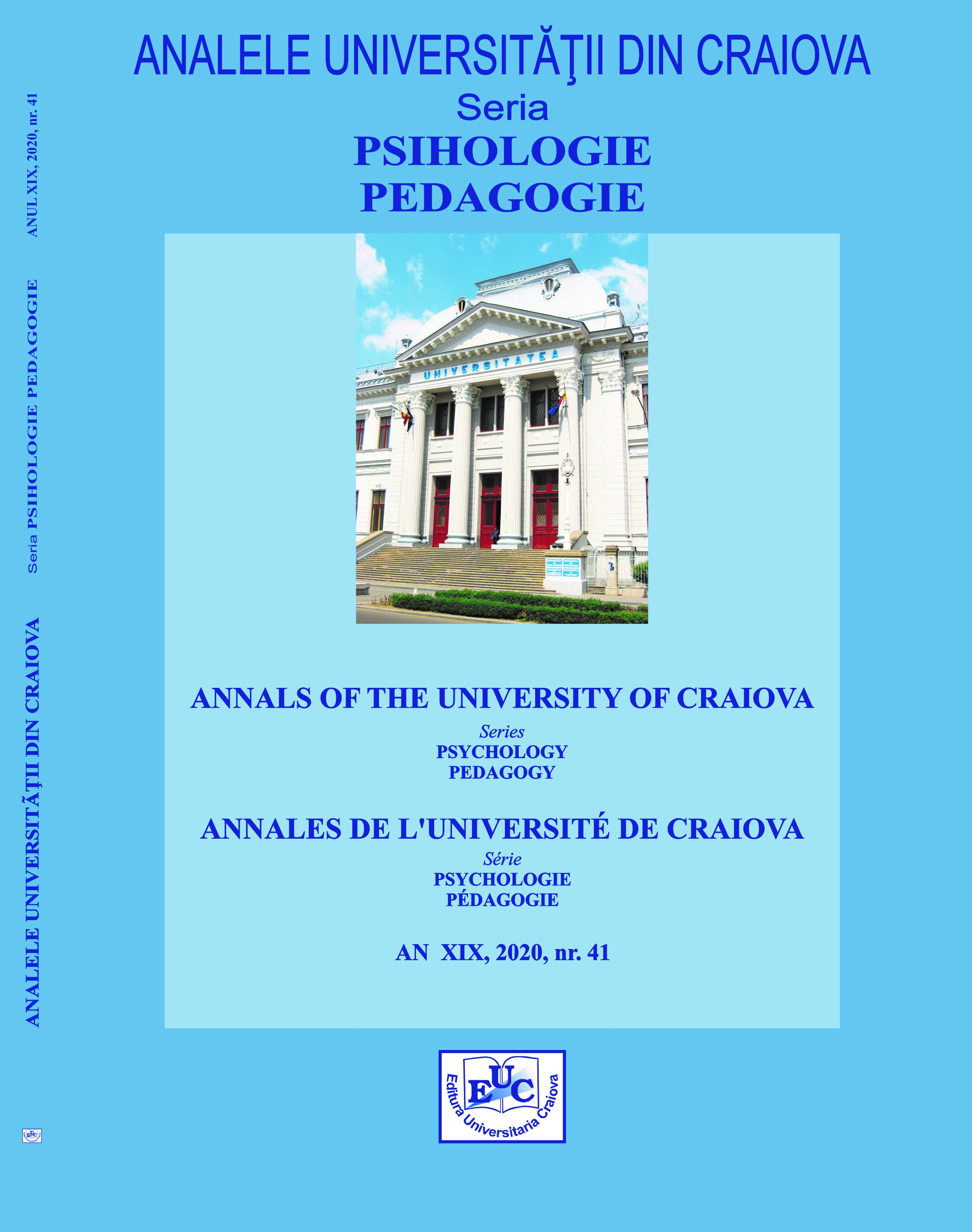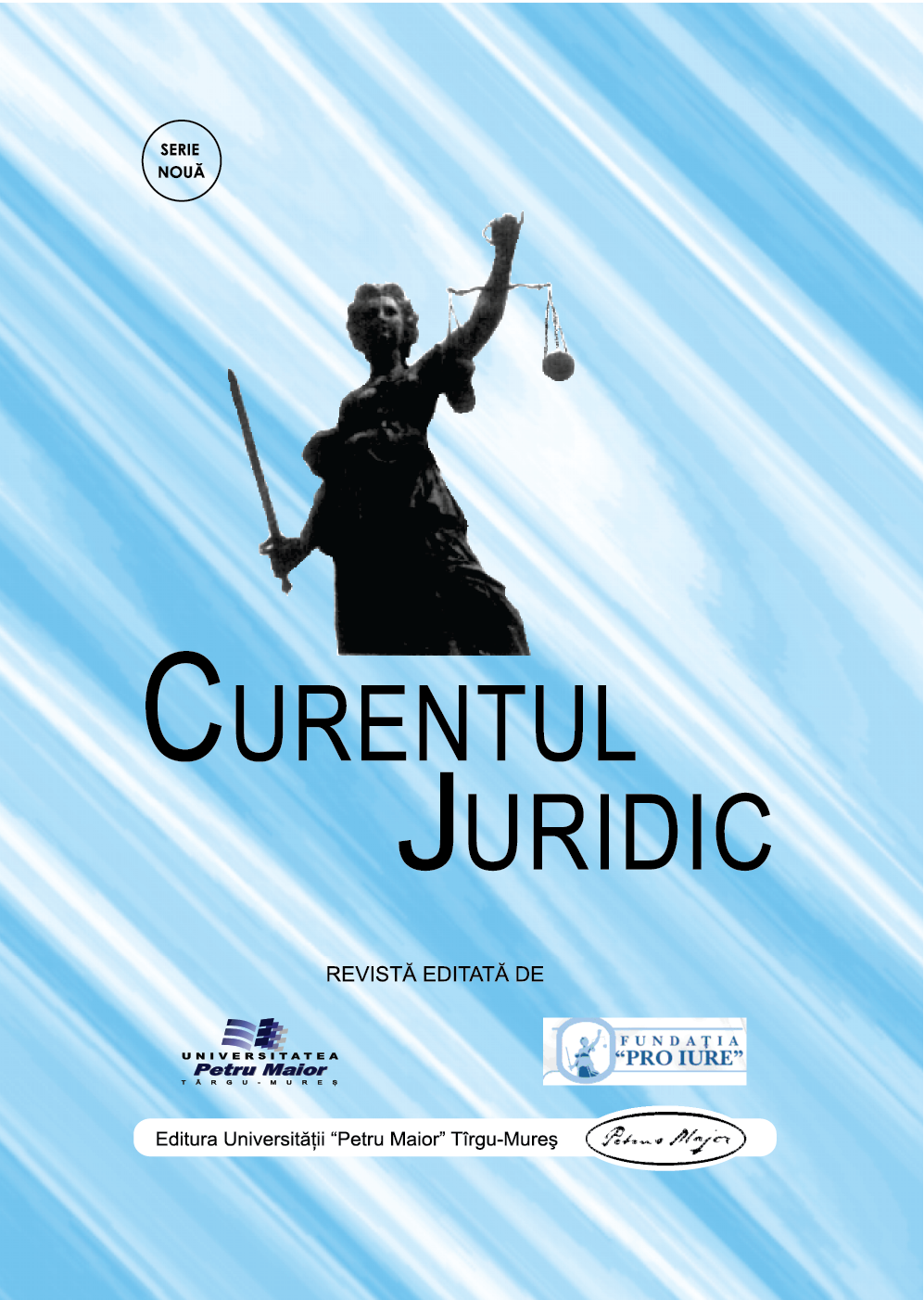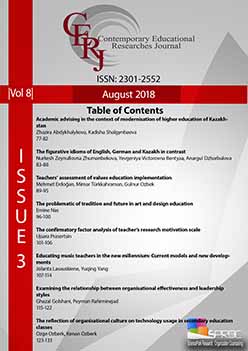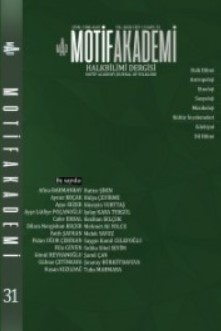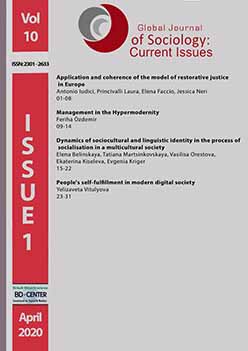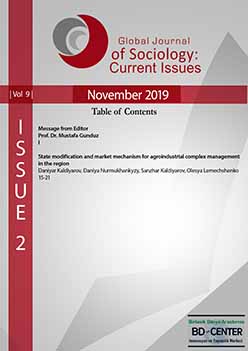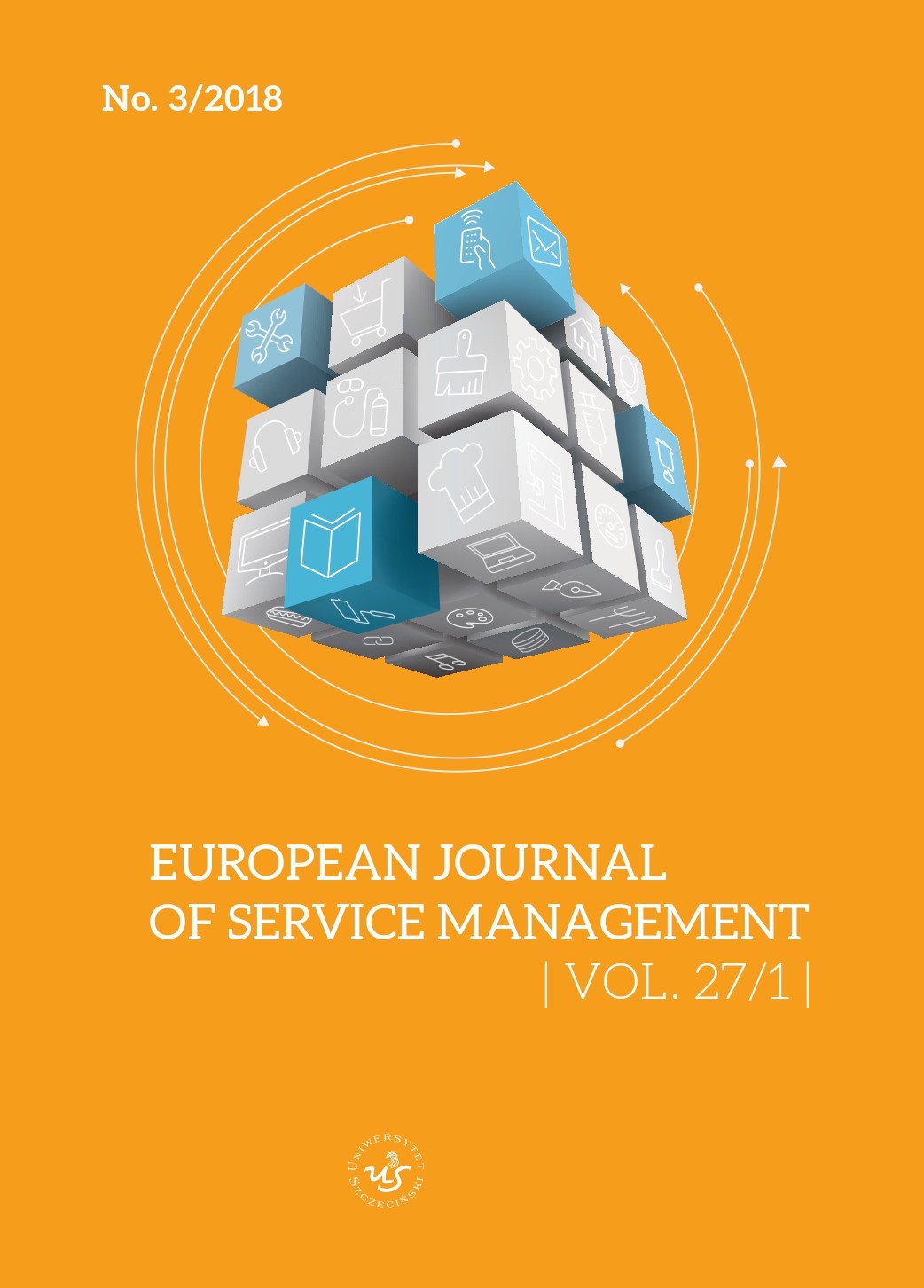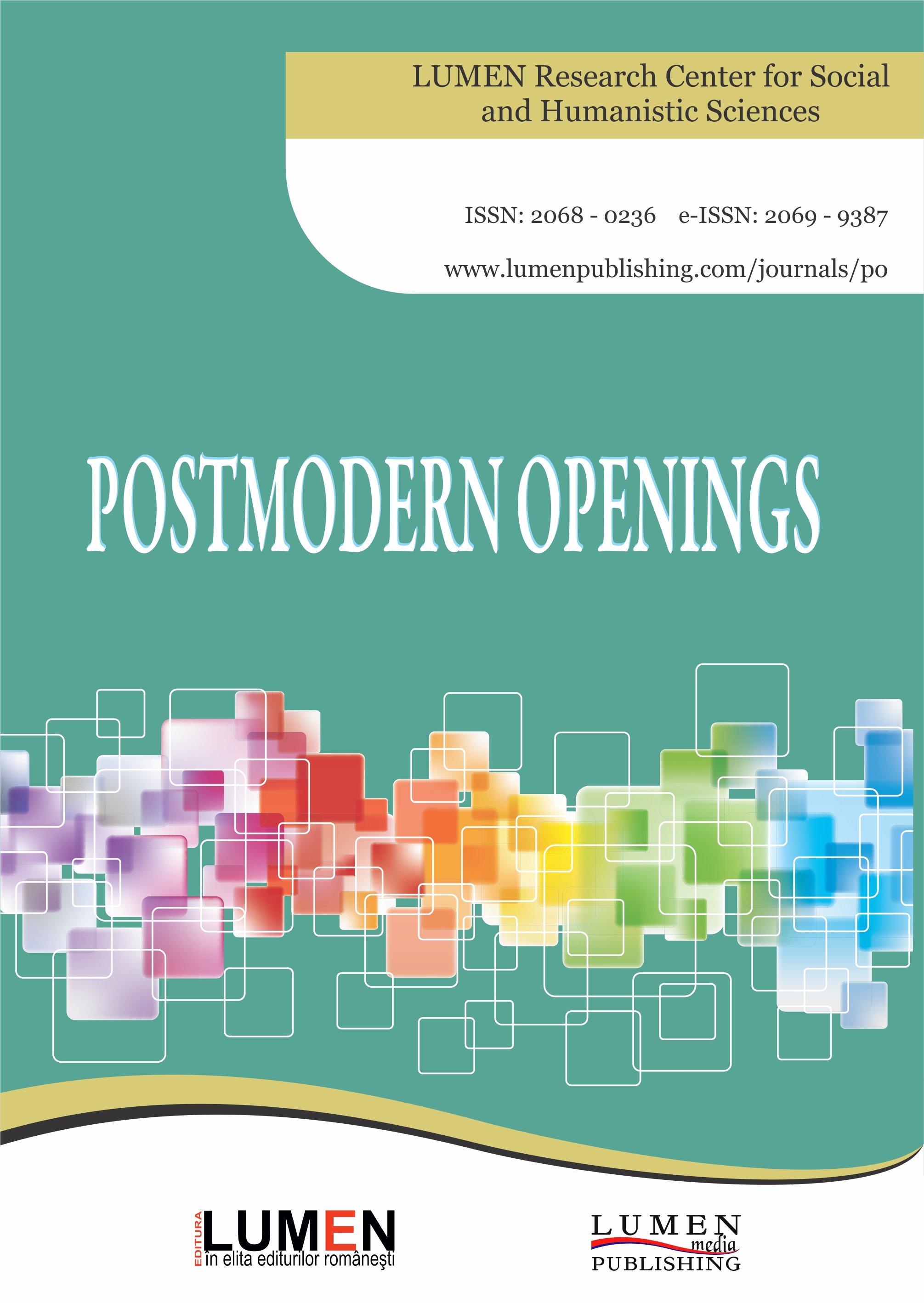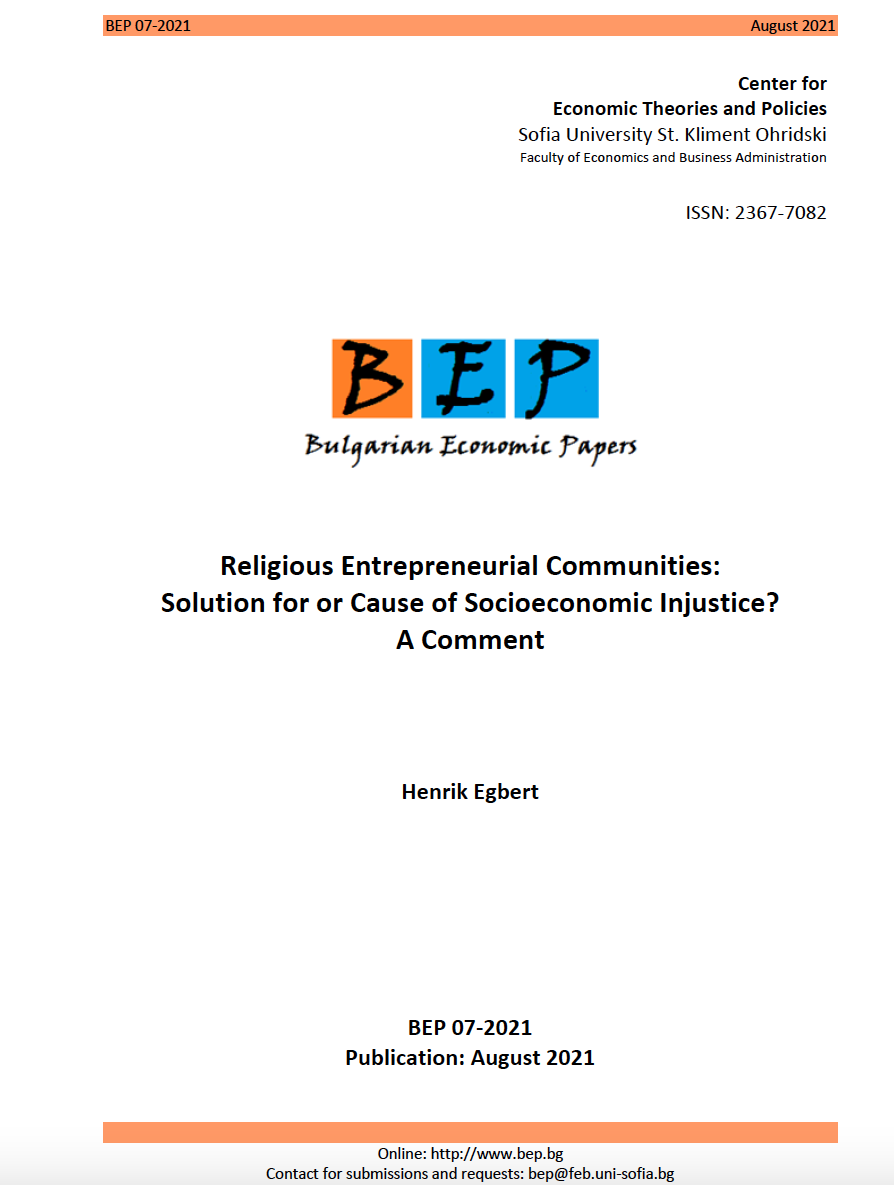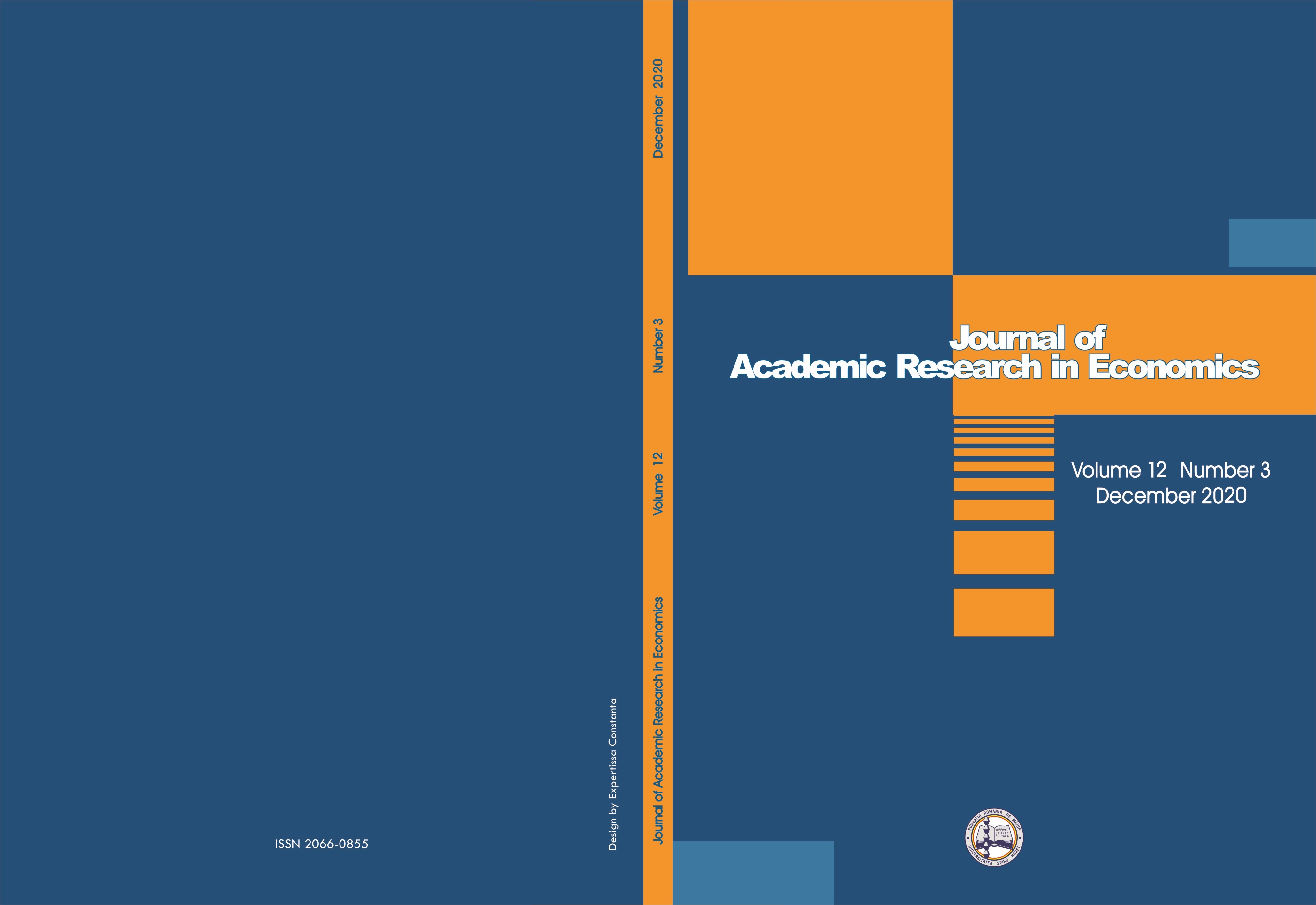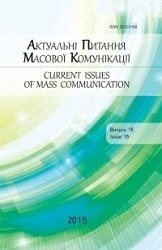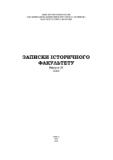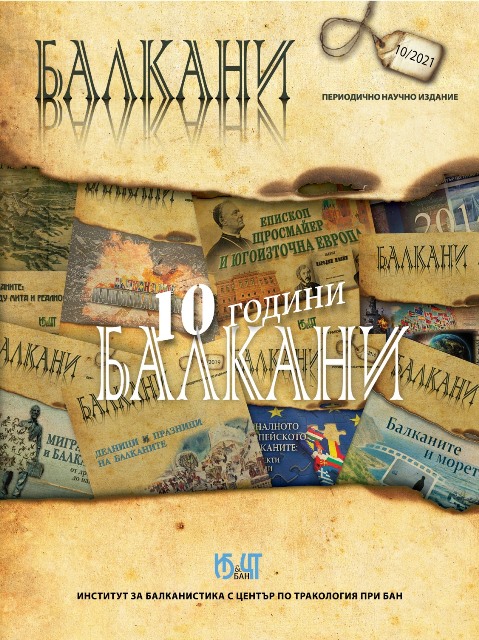КОНТЕНТ-АНАЛІЗ ЯК МЕТОД ВИВЧЕННЯ МАТЕРІАЛІВ РЕГІОНАЛЬНОЇ ПРЕСИ СЕРЕДИНИ ХІХ СТ.
Author(s): Irena Grebtsova / Language(s): Ukrainian
/ Issue: 31/2020
Keywords: regional press; periodicals; Odessa Censorship Committee; content analysis;
The article analyzes the materials of the regional press of the southern provinces of the Russian Empire, published in the middle of the 19th century under the control of the Odessa Censorship Committee. Reconstruction of historical processes has its own epistemological features; it implies the need to search for various qualitative and quantitative methods of researching sources. Periodicals in general and the press of the southern region in particular have two important attributes of a mass source – the typology of the social phenomena reflected in it, and information richness, which makes it possible to solve a number of issues of its study using content analysis. At present, this method is one of the leading in the studying of periodicals in foreign and domestic science. The purpose of the article is to identify the possibilities of content analysis to study the perception of the regional press of the preparation of reforms carried out by the government of the Russian Empire in the 60-70-s of the 19th century. Content analysis shows that during the preparation and implementation of socio-economic transformations in the Russian Empire, the regional press mainly formulated the platform of entrepreneurs of the South: the abolition of serfdom, the development of industrial production and transport, freedom of trade. At the same time, the periodicals of the region vigorously advocated the implementation of other reforms: they defended th e idea of granting the rights of broad self-government at the local level, the implementation of judicial reform, reforms in the field of censorship, etc. According to content analysis, government bills assessments that are found in periodicals in the southern region are relatively diverse. They range from unconditional approval to skeptical remarks. The diversity of information in periodicals is represented by a certain number of domestic political priorities determined by the political orientation of the editorial board. For the implementation of content analysis in this aspect, the following have been obtained: 1) a catalog of topical social problems presented for the press discussion; 2) a catalog of ideas about the methods and tendencies of public assessment of the reformatory activities of the government on the pages of the regional press. The catalog includes the values of the economic and social sphere. The Value Orientation Analysis Tool has combined a number of binary constructs. This research have been identified the organs of the press with a certain value orientation to the traditional and reformatory scales. Content analysis showed the catalogs of values in the regional press mostly coincide. The average correlation coefficient for publications on the reformatory scale is 0.56 and on the traditional scale is 0.21. Thus, content analysis makes it possible to more clearly present the specifics of the discussion on the pages of the regional press of reform projects proposed by the government of the Russian Empire in the era of reforms, to count the number of comments on government projects, as well as to identify the influence of publicity on the final document approved by emperor Alexander II. Substantially different, the content-qualitative analysis and formal-quantitative analysis of press materials do not exclude, but mutually complement each other, allowing compensating for the shortcomings in each of them, because they pursue the same goal – to obtain valid and reliable research results. Their organic combination is most effective.
More...

